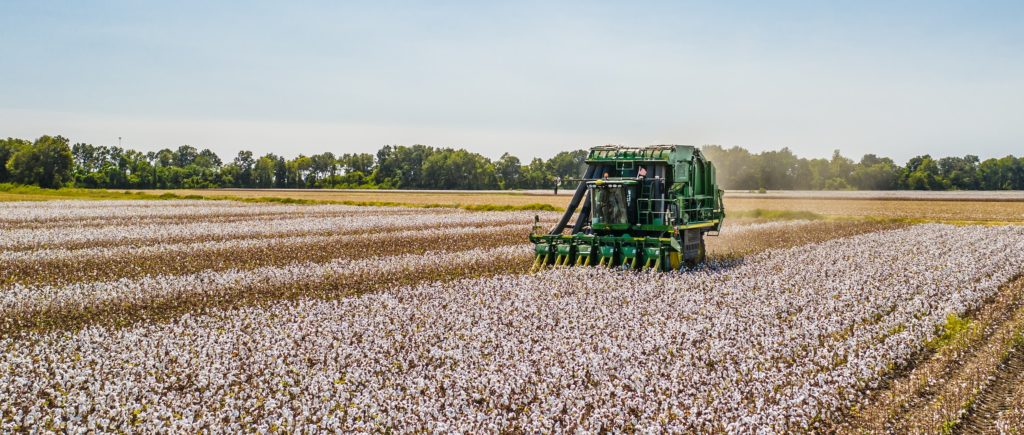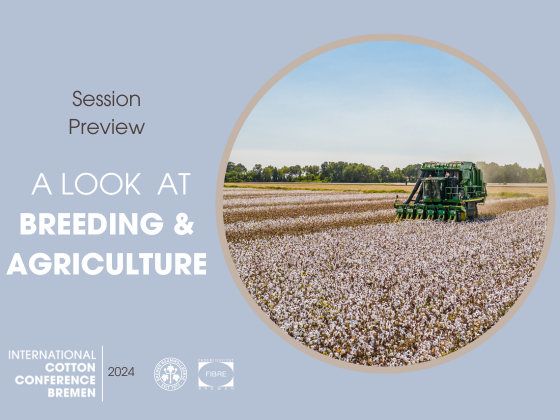The topics of the session “A Look at Breeding and Agriculture” revolve around important questions concerning the future of cotton cultivation: What impact will climate change have on cotton quality? Can we grow more sustainable cotton varieties that use fewer resources in processing? What options are there for achieving greater transparency in the supply chain, as increasingly demanded by consumers and politicians? The speakers of this session have some excellent ideas to answer these challenges.
Global climate change – is it changing the quality of cotton?
Cotton cultivation in Türkiye is one of the most important plant-based production sectors to be affected by global climate change. Müge Ekizoğlu from the Izmir Commodity Exchange will talk about relationships between individual climate variables and cotton quality, which is of great significance for sustainable cotton production in the future. As part of an ongoing project, researchers have collected more than 500,000 cotton analysis results from different Aegean regions over a period of eight years.

Cotton Harvest, Source: pixabay
Complete transparency
There is an increasing demand for transparency in textile supply chains. Policymakers are already setting guidelines. There’s no doubt that a lack of transparency in the textile industry can lead to gaps in consumer confidence and even the stigmatisation of brands.
Against this backdrop, Abhijeet Sharma from BASF will present Seed2Sew, a traceability platform that focuses on the entire manufacturing process from cotton cultivation through to the finished textile. The platform uses Hyperledger, an open-source blockchain system that only requires minimum energy compared with previous blockchains. The platform includes spatial time stamps, biometric logins, certifications, and satellite images to ensure multi-stage checks and unchangeable data.
Cotton of the future
Filipe Natalio from the Weizmann Science Institute in Israel is famous for creating fluorescent cotton. In his current lecture at the International Cotton Conference Bremen Natalio is looking for sustainable alternatives to replace hazardous finishing methods, e.g. the dyeing of cotton fibres using chemicals. His research aims to understand the underlying mechanisms of natural organisms in order to produce biological materials such as cotton with special properties. This uses knowledge about cotton’s natural metabolism to develop a new generation of cotton plants with customised features.
 Read more about this session in the programme
Read more about this session in the programme
More Action:
? Find out more about the programme of the International Cotton Conference Bremen
? Join our LinkedIn event and connect with other participants
? Get regular updates and subscribe to our newsletter

